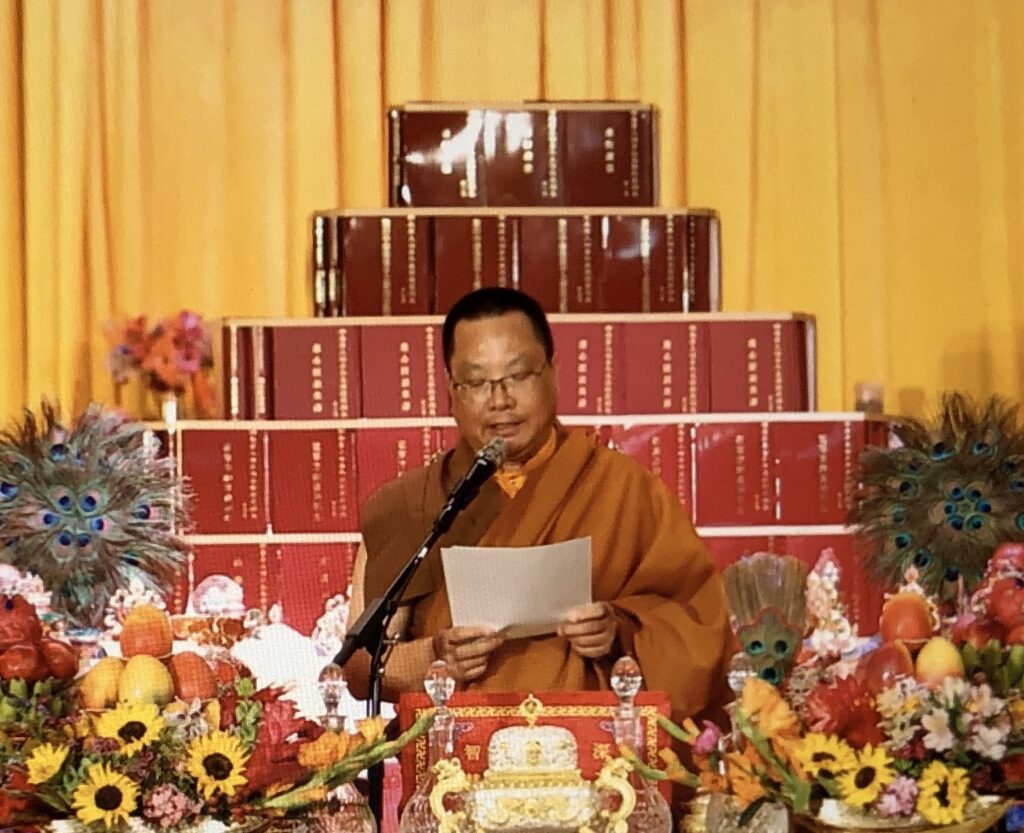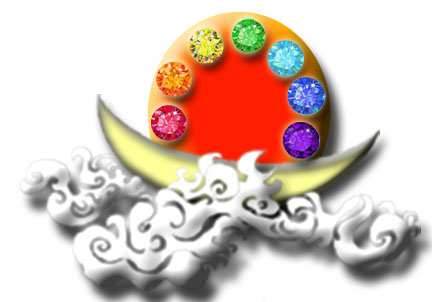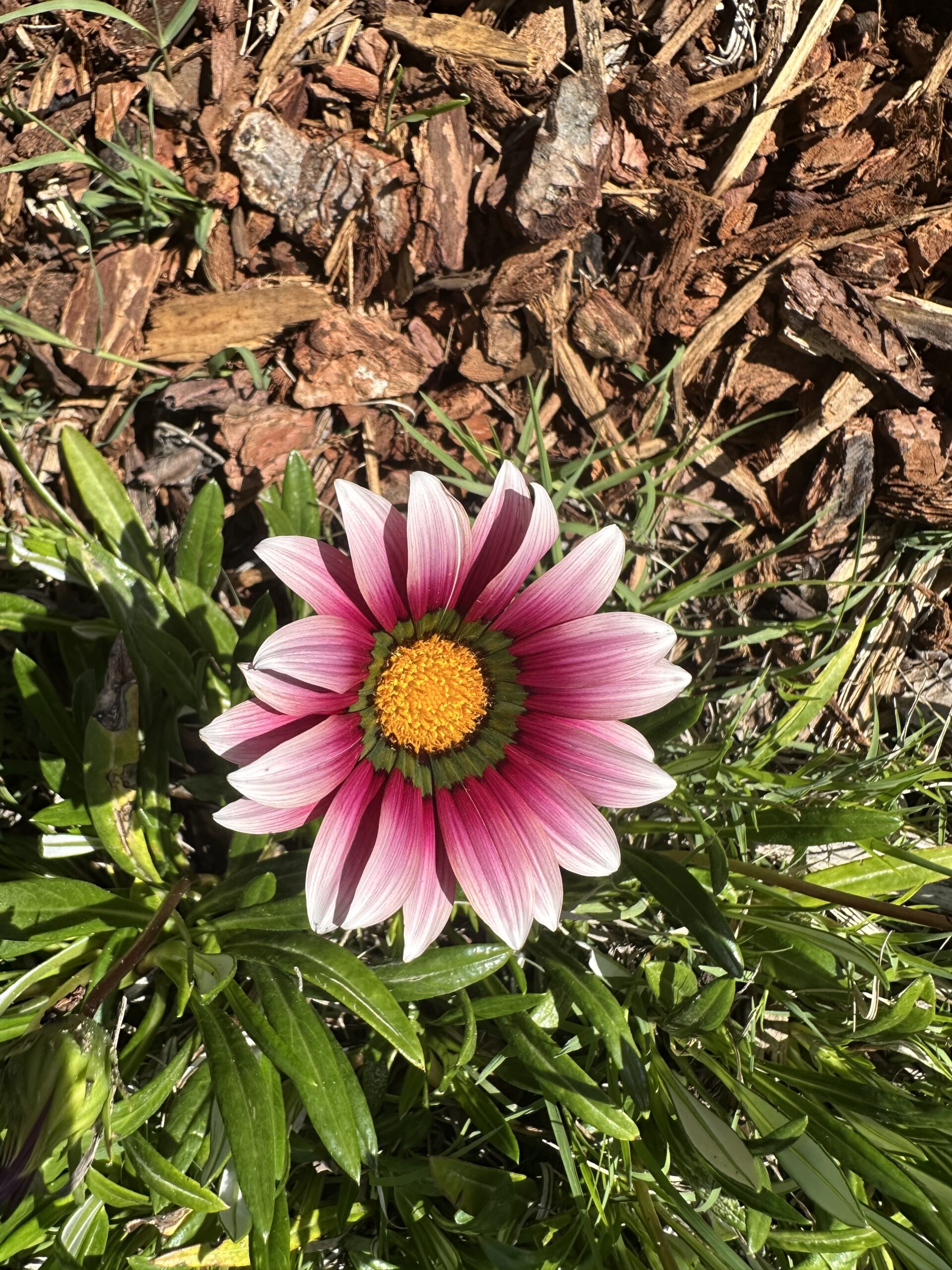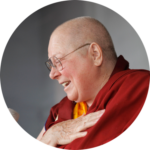
I promised to repost the article on “debate” and the Seven-Dharma System recommended by the Buddha Master on how to listen to and implement Dharma. This article has all of it. Please read the first article mentioned on it. You will find that we are actually doing the “seventh time” at our ZOOM class this Saturday. There are also articles that contains my notes on the discourses that created the Seven-Dharma System and another on the role debate played in Tibet.
Changes to most of the courses at Learning from Buddha College and Seminary (LFBCS) have been discussed in several recent blog articles. I discussed revising the “Debate” feature of the courses offered at LFBCS a feature of the Buddha Master’s Seven-Dharma System outlined in His discourse “It Will Be Fruitless If One Does Not Listen to Discourses in Accordance with the Dharma Expounded in This Discourse.” There is more background in other articles on the purpose of debate in learning dharma in Tibet. In the Seven-Dharma System the Buddha Master stresses that you need to listen to His Dharma many tines to fully understand and be able to gain the benefits from following it. The seventh time in this system may be the most important as that is when you spread the teachings to other living beings. He says that it is not “listening to Dharma” until you can do this. Hopefully our classes will help you be able to do just that.
In general the courses will work as follows: You will read or listen to the entire discourse several times and you may prepare a preliminary summary of the essence of the discourse in your own words as if you were going to explain it to someone who was not familiar with the discourse or even knew much about Buddhism. Then you will answer a series of homework questions and submit them for feedback from the facilitator. After that you take additional time and revise your original summary, if you did one, and create a summary of that discourse in your own words that contains the most important concepts in the discourse. From this you submit at least ten passages from this discourse that were important to you as Step 1. Once you get feedback from your facilitator, you prepare a paper explaining the meaning of these passages and why you selected them as step 2. You may include how this discourse has impacted your life and practice as well as your plan on sharing what you have learned with someone else. Step 3 is to explain what you have learned to someone else and document that process. As appropriate, you also respond to questions about your presentations. You may use different mediums or methods to show what you have learned and to get their response. This is an on-line creative version of what would have happened in a debate in Tibet. The class may also end with a multiple question final exam to make sure you understand the most critical principles taught in this discourse. The presentation and debate part is optional for those enrolled in the Buddhist Studies Program, but required for all in the Xiuxing Seminary Program.
To date, D01-Supreme & Magnificent Dharma, D06-Main & Preliminary Practices, DCB12-Dharma of Cultivation, DCB26-How to realize Prajna, DCB35-Learning from Buddha, and P10-Zen Dharma have all been reformated with these changes. Anyone already enrolled in any of the courses who experiences any problems with these changes should contact me or Reba Jinbo Rinpoche for help. You should not need to redo any of your previous work. Please be patient as each of the courses are revised and with my delay in reviewing your homework. My priority will be to have the courses that are prerequisites to other courses done first.
This article was first published on October 10, 2024.





Add comment